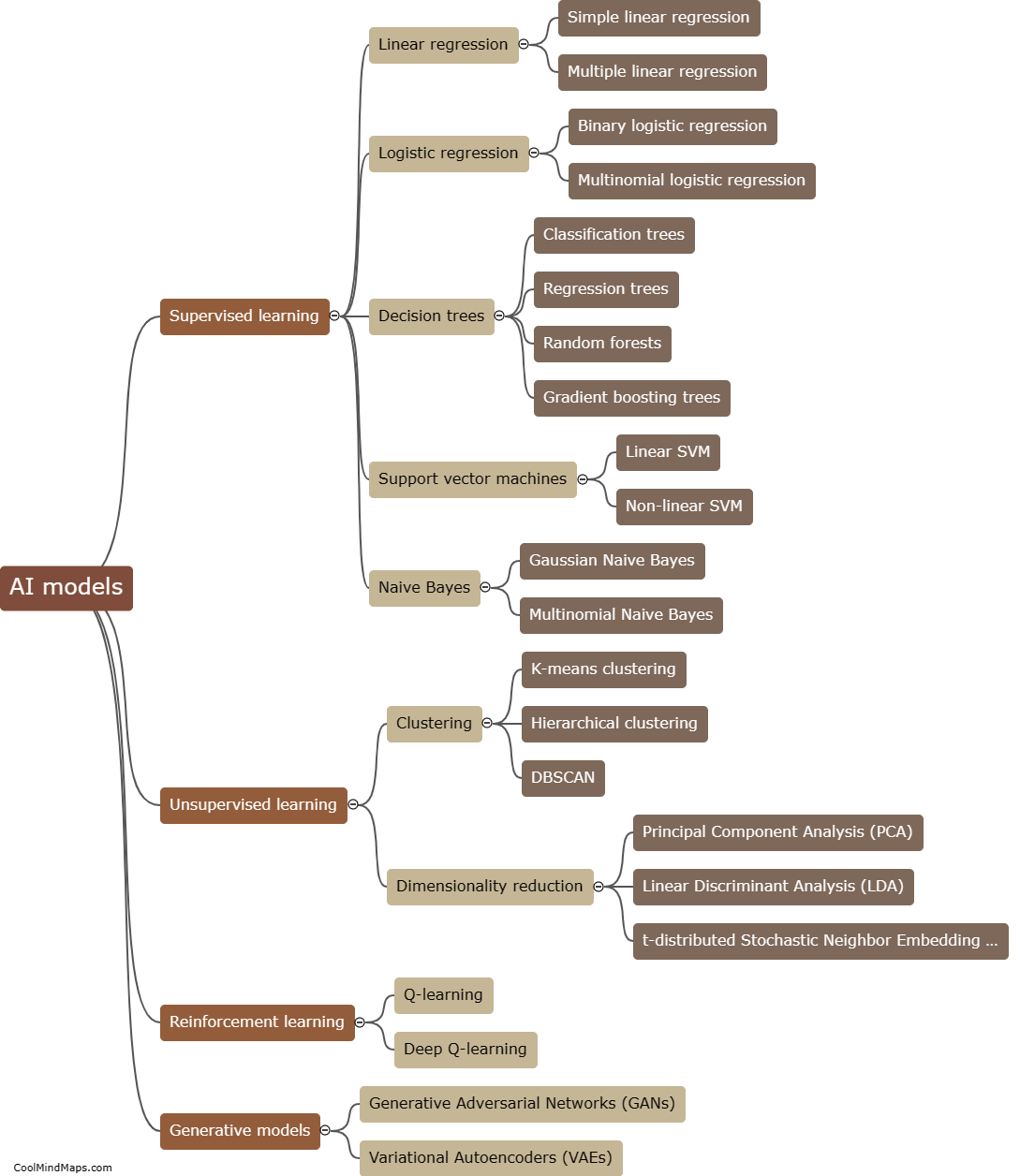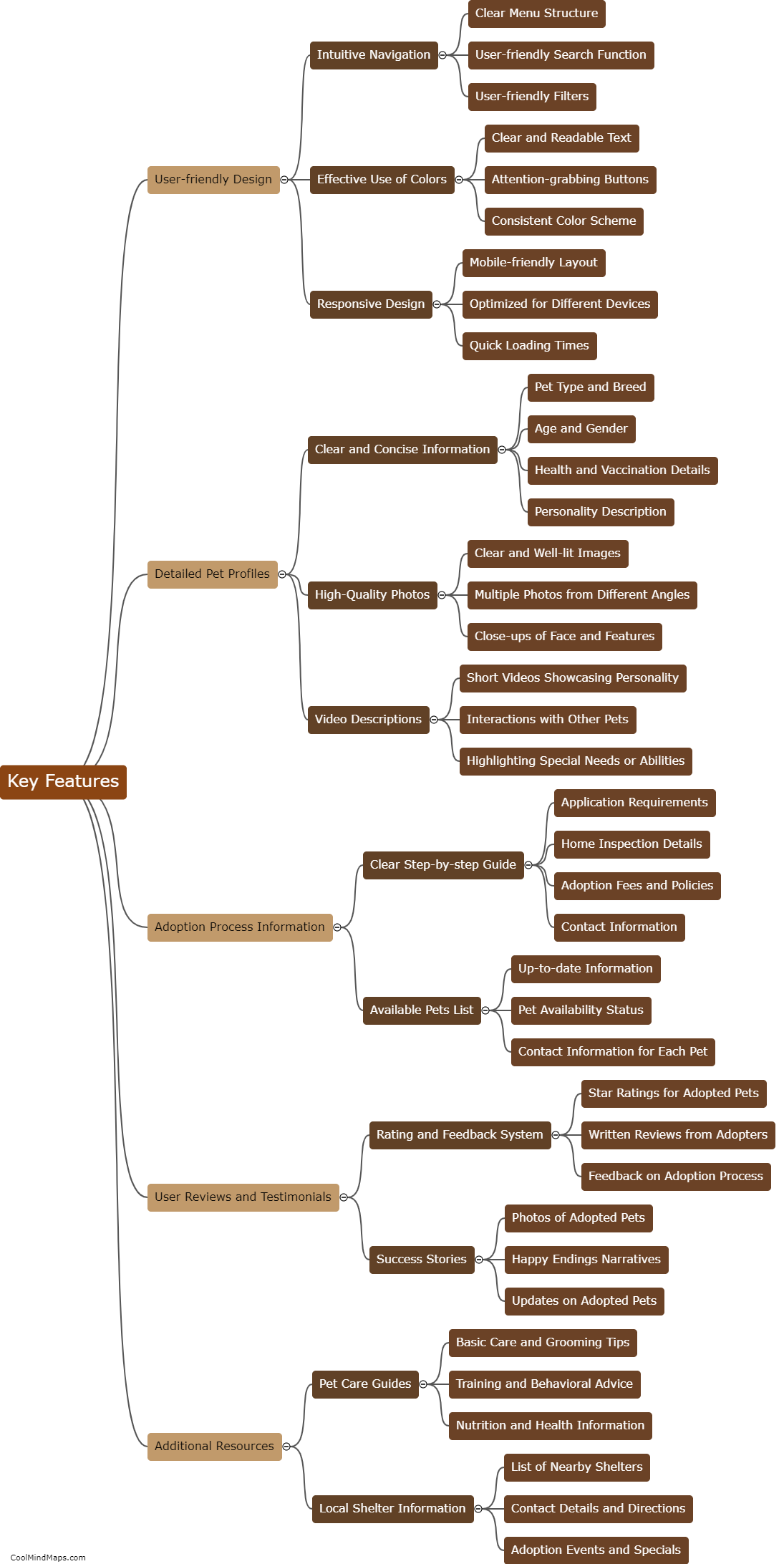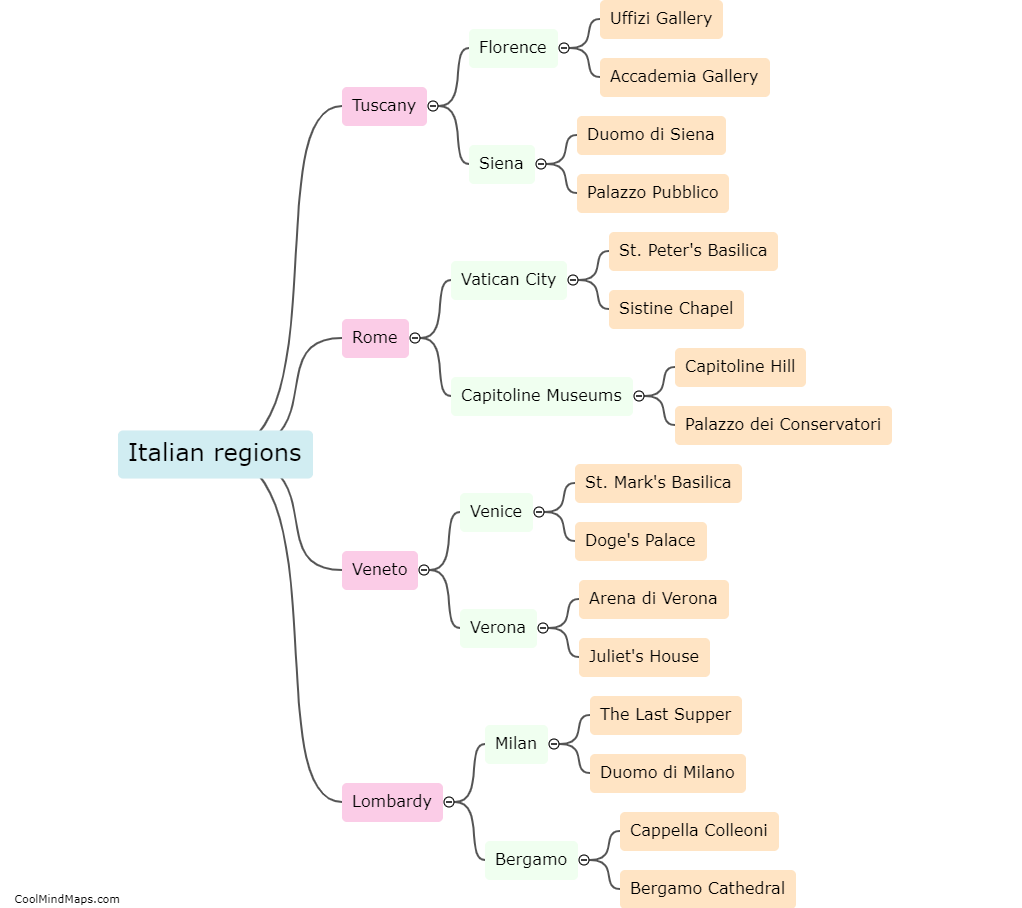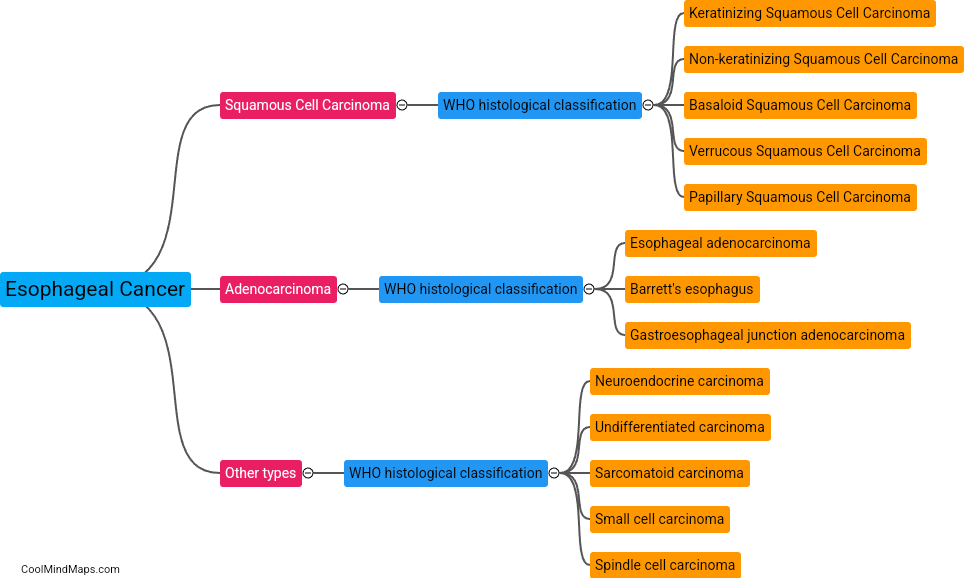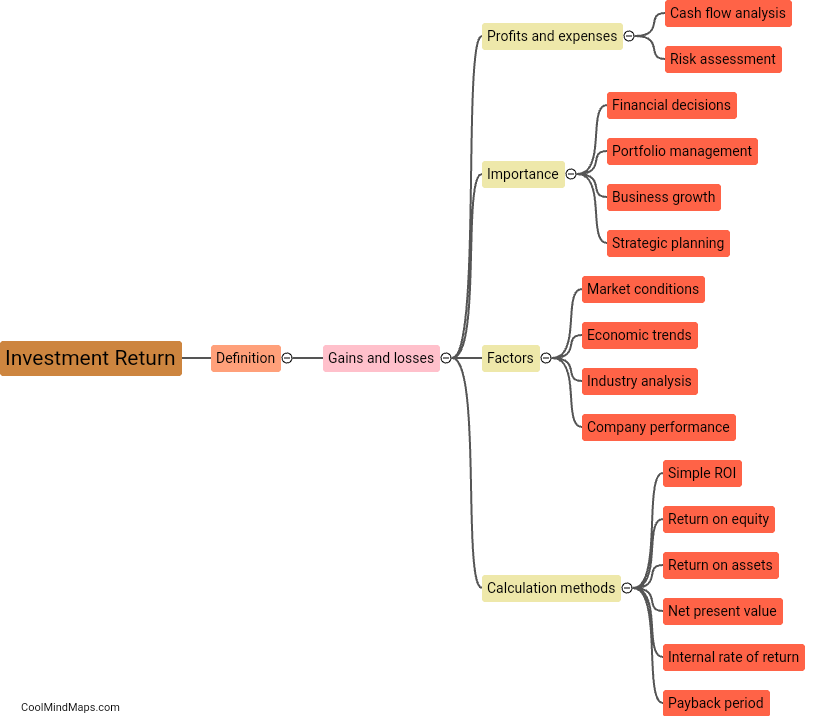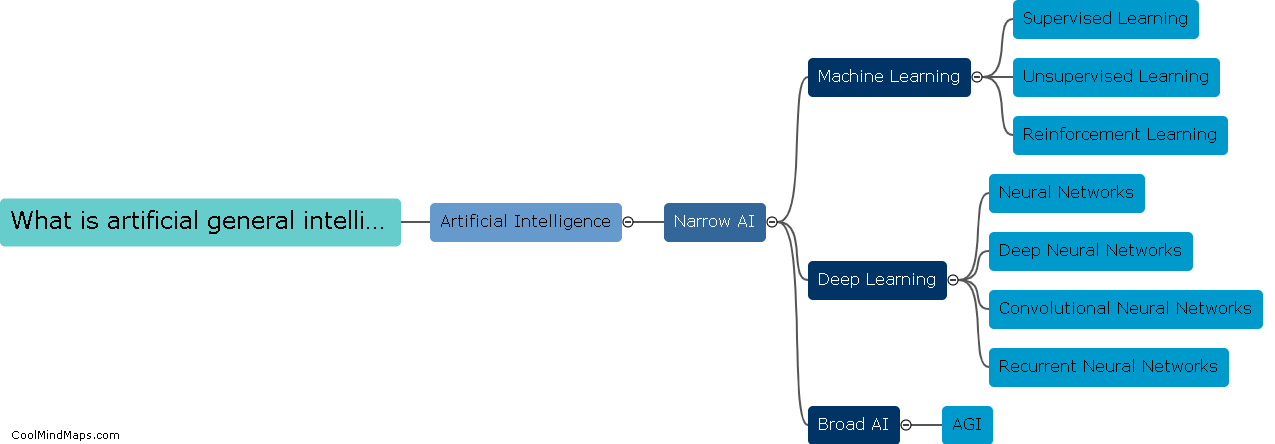What are the key molecular pathways involved in prostatic cancer?
Prostatic cancer, or prostate cancer, is a complex disease with multiple molecular pathways involved in its development and progression. One of the key pathways implicated in prostatic cancer is the androgen receptor (AR) pathway. Androgens, such as testosterone, bind to the AR and activate its signaling, which promotes the growth and survival of prostate cancer cells. Another important pathway is the PI3K/AKT/mTOR pathway, which regulates cell growth, metabolism, and survival. Dysregulation of this pathway, often through genetic alterations, can contribute to tumor development in the prostate. Additionally, the Wnt/β-catenin pathway plays a role in prostatic cancer by regulating cell proliferation and differentiation. Alterations in this pathway can promote uncontrolled growth and tumorigenesis. Other molecular pathways involved in prostatic cancer include the ETS gene fusions, PTEN/PI3K/AKT pathway, TP53 pathway, and the DNA repair pathway. Understanding the intricate interplay of these molecular pathways is crucial for developing targeted therapies and improving outcomes for patients with prostate cancer.
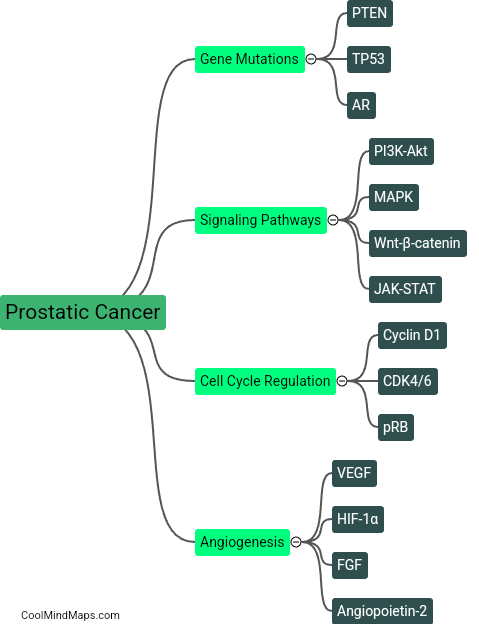
This mind map was published on 26 January 2024 and has been viewed 116 times.
